On why I will never review "freemium" free-to-play titles again
By zeyepawdz 3 Comments
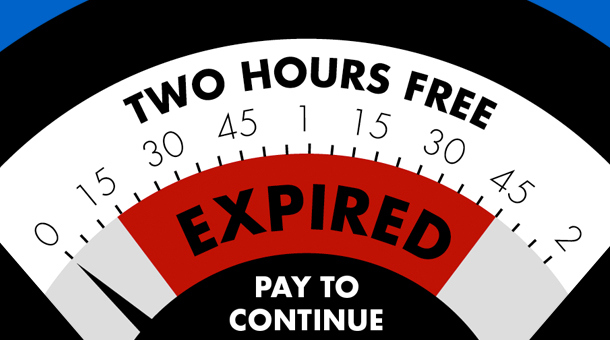
With the week that was E3 gone and past I find myself with a wealth of article ideas, topics, and conclusions that can all serve as ammunition for my writing. Of course, that in and of itself is a problem as well: When given the choice to do anything I tend to lose the urge to do so at all. In an effort to avoid this sad complacency I thought the best course of action would be smaller reviews of mobile games.
The first game that came to mind to review was the recently released Angry Birds Epic, the newest in the gargantuan peeved fowl franchise. Taking a cue from the previous entry in the IP, Angry Birds Go!, Epic sees the company’s take on the traditional turn-based RPG. Honestly, it’s like someone threw the characters from the series in with every Final Fantasy trope they could think of and turned the emulsion blender on ‘high.'
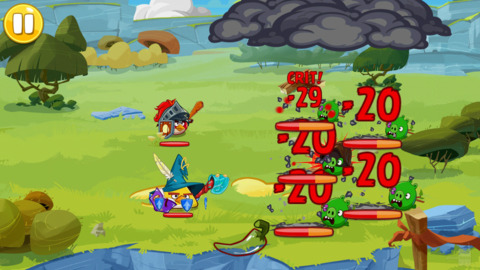
At first I was charmed by the game’s use of mechanics I knew very well: The player’s account levels up, giving each bird higher statistics as you increase in level. Each character represents a handful of different classes that change depending on the type of headgear you place on the bird. Red, the series mainstay, can be a range of melee classes that include a knight and a samurai. Each class feels unique and has it’s own specific use somewhere in this new pig-smashing world that Rovio has concocted.
Epic‘s presentation is what you would expect from Rovio: Colorful, cartoon-like visuals that take advantage of the fact that their IP is a moving advertisement for itself. It’s no fluke that Angry Birds is one of the largest multi-medium franchises to spawn from gaming. It was built to print money.
At the same time I found the gameplay smooth, intuitive, and fun. Honestly, Rovio had taken very tried-and-true RPG mechanics and made them so accessible that even the likes of my mother-in-law would probably be able to pick this game up and be smashing pigs with spells within minutes.
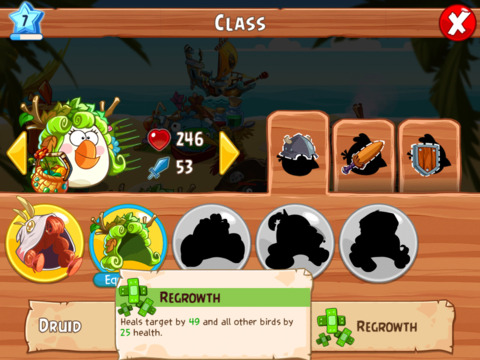
Much like my experience with Candy Crush Saga, I could see that the free-to-play game was afoot. The slick visuals and fun sounds were all window dressing for the inevitable mental image of a Rovio executive doing the Johnny Manziel “give me money” taunt while pointing out the fact that I was low on alchemy resources and silver and oh crap I’m playing a freemium game aren’t I?
The illusion was shattered in an instant. I found myself quite aware of the foibles of the “free-to-play” genre that I had been willing to ignore hours before because I enjoyed the set-up and respect Epic had for it’s turn-based roots. Pigs began doing more and more damage while my birds seemed to do less themselves. Doors became blocked unless I had friends to open the gate. Specials classes for premium headgear appeared that were only for purchase with premium currency.
All of these mechanics are things that have become a blight in the mobile game market and are the tell-tale sign of a cash grab. These titles are not built with a vision of the developer in mind or any type of aesthetic. They’re built to maximize the amount of money that can be squeezed from the player base that is willing to give them money.
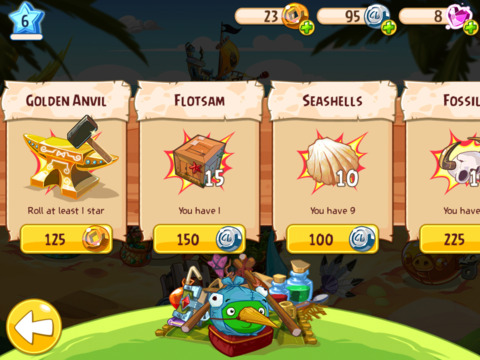
It’s a diabolical system in place that preys on people who feel this compelling urge to press forward. It’s the act of placing small barriers that the player could very well reach by playing and grinding out the needed currency and materials…Or, the player could pay that tiny, minuscule price and reach that goal immediately.
Instant gratification, on demand, and I just can’t take it any more.
It’s a shame. I love how ‘out there’ and head-tilting the concept of an Angry Birds RPG is. If this were a full console game with an actual arc and fleshed out, I would buy it for sure. However, those games don’t min/max money the way that company’s like Rovio and King are used to doing. They could make that game. They won’t. Why would they?
That is why I won’t be reviewing Angry Birds Epic, or any other game that I consider free-to-play. This even includes games that I play frequently and enjoy, such as Marvel Puzzle Quest. I love that game. But, I’m also honest with myself that said game is nothing more than a cash grab using my favorite Marvel characters.
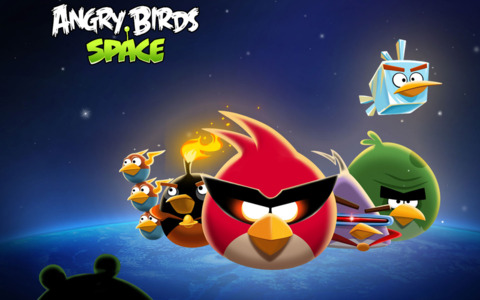
I’ve accepted that. The difference between MPQ and Angry Birds Epic is intent. Having talked with the fine folk at D3Publisher, I got the impression that the team has a lot of pride in their product that is powered by what is sure to be the sheer giddiness of working alongside Marvel. But, in the end they are still using an IP to nickel and dime consumers, something that is seeping into console development and makes me weary.
I can’t support it. By reviewing titles like that I would be inviting people to consider those games alongside the likes of console and handheld releases. They most certainly are not, and I won’t contribute to that in any way.
Companies like Rovio and King represent the worst in mobile gaming. Heartless. Emotionless. Hollow. You can feel it. Once you get past the shiny exterior and the mechanics that are mean’t purely to “hook” a player, there’s nothing there. A ghost of an idea. The haunting of a piece of software that could have been something more.
A shell, nothing more.
Find me on Twitter @EyePawd
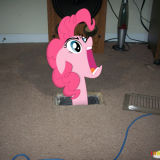
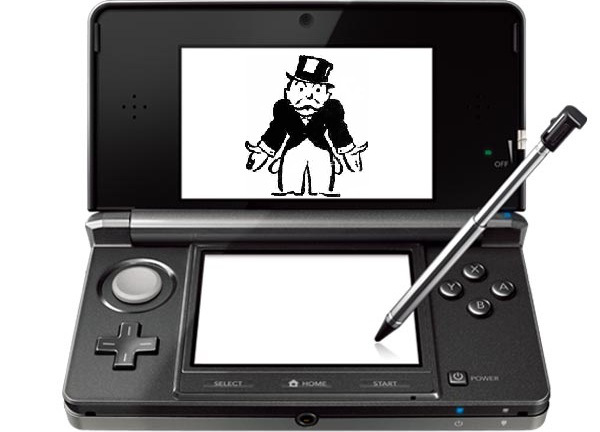
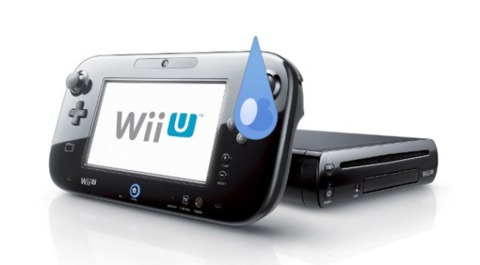

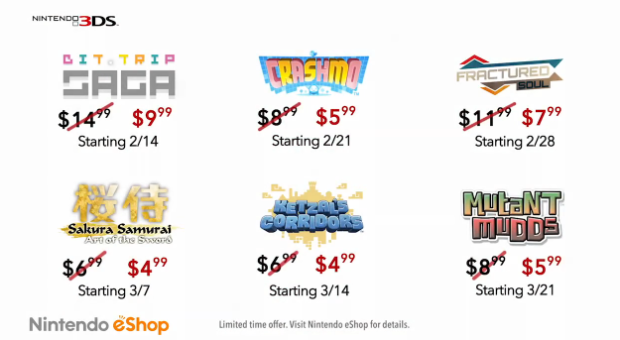
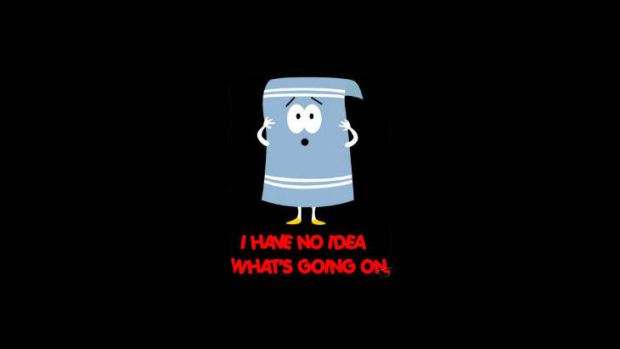
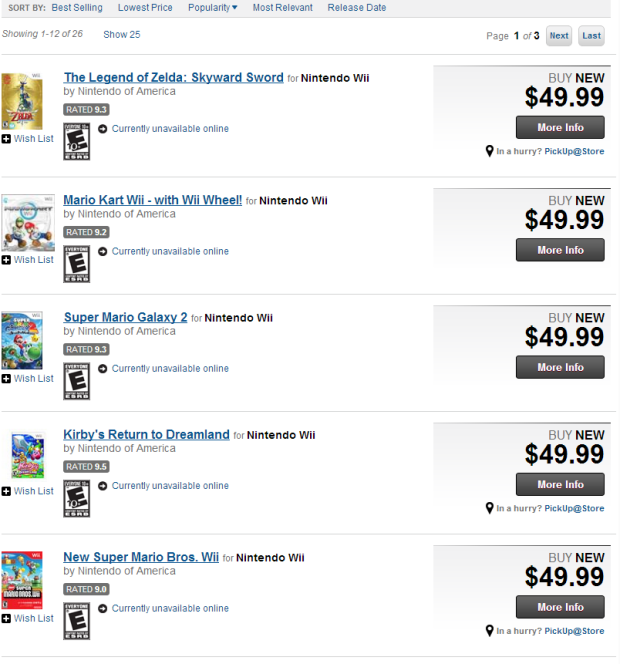
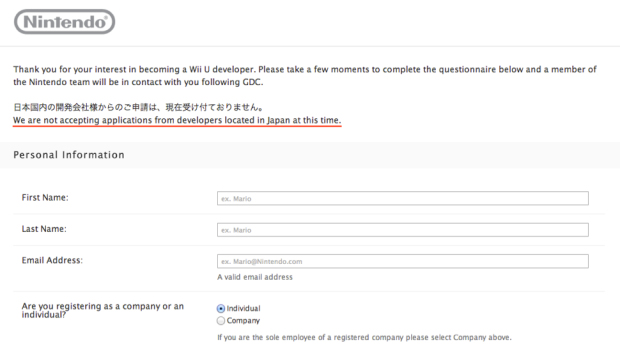
Log in to comment